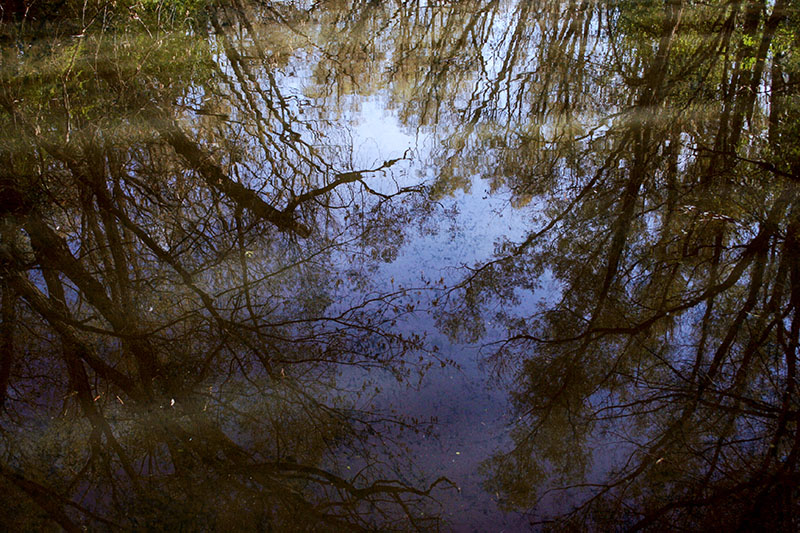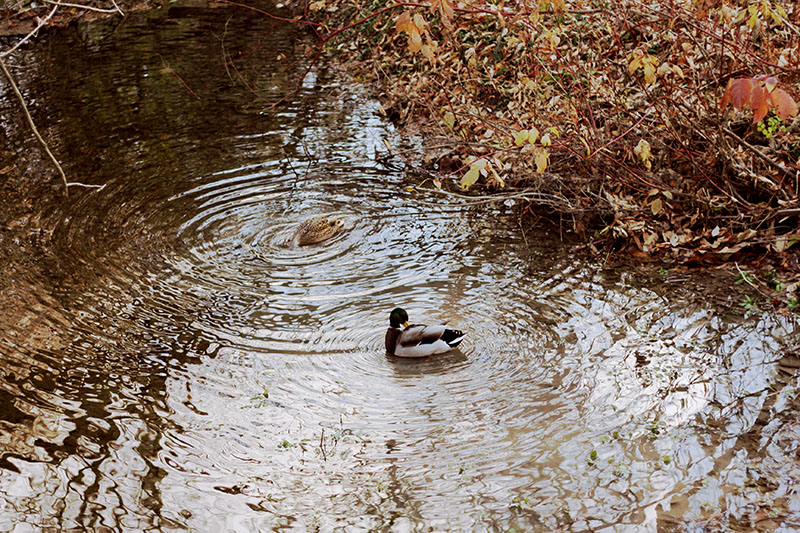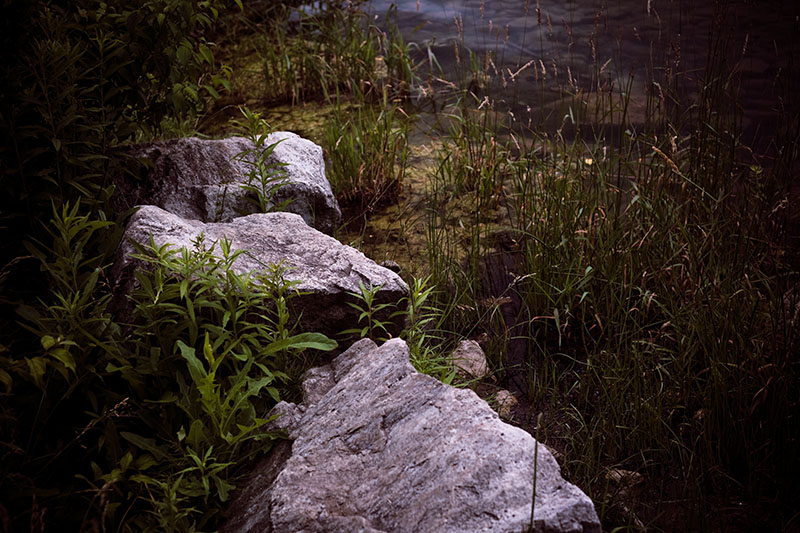We all know just how important drinking water is to our continued survival. Humans can go for weeks without eating, but will not be able to survive more than a few days without water. As a result, of all the bodily needs we have to fulfill in order to keep our lives sustained, ascertaining drinkable water is by far the most urgent.

Finding a body of water will not automatically guarantee you drinkable water, but it is an excellent first step to fulfilling your body’s need to be hydrated. Water from any body of water will first need to be disinfected or purified before it can be safely ingested, as the vast majority of water contained within rivers, streams, ravines, and lakes contains microscopic bacteria that can make a person fatally ill if ingested. These bacteria are much too small for the human eye to see, and since this is the case, even water that looks clean to the naked eye should be disinfected and purified before it is consumed. Ocean water should also not be consumed without first being purified, but for a different reason. Drinking ocean water essentially dehydrates your body, as it puts more salt in your system than is healthy for your body. This causes your body to expel the excess salt through urination, which takes away more water from your body than you gained from drinking the ocean water in the first place. All this to say, purify water from any and all bodies of water before drinking the water, and whatever you do, do not drink salty ocean water.
There is still enormous upside to finding water, regardless of whether or not you can purify it. Water can refresh you. With it you can wash your face, bathe, clean your clothes, and in case it’s incredibly hot where you happen to be, non-disinfected water can be used to prevent hyperthermia (which is the opposite of hypothermia; hyperthermia is when your body becomes too hot and overheats, sometimes to the point of death). Something as simple as soaking a hat or shirt in water can save you from heat stroke by cooling you down dramatically. This is an important point to keep in mind, as hyperthermia is a serious danger when lost in the wilderness, especially for long periods of time.
Bodies of water also have the potential to provide you with food. There may be fish or shellfish living in a body of water that you can use to refuel. Frogs, ducks, and other water-loving creatures are also regularly found in lakes and rivers, and since every animal eventually needs to drink, you may find small mammals like rabbits, squirrels, ferrets or hares to hunt or trap. Although food is certainly not the most urgent need you will have in the wilderness, it is one that can make a huge impact on your mood, motivation, and thereby, your ability to continue on. Psychology is a big game changer in survival situations, and the difference between feeling optimistic and feeling it’s impossible to go on can quite obviously be the difference between life and death.

Water at times can also lead you straight to civilization, which is an extremely large benefit when your goal is to find rescue. Most cities, towns, and villages are located by at least one body of water, and so following a body of water downhill if you have no other leads in regards to where a society may be is definitely in your best interest. Who knows, you may run into a house by a stream or a small community of people who can help you reach home.
Beached areas near bodies of water are also at times patrolled by air, so if you come across a beach that seems like a dead end, it may be wise to stay in the general vicinity for at least a day or two to see whether or not any boats or planes come by regularly. Just make sure you have a way to signal to any water or air traffic, such as laying down high contrast branches in the form of an X so that your need for help is visible from the sky, or setting up one or more signal fires with smoke that contrasts with the landscape’s background.
Depending on what tools and plants are available at your disposal, you may also be able to use a body of water as a method of transportation. Building a basic raft or boat may take some time and energy, but in the long run, it may get you to civilization more quickly and safely than travelling by land. Whether or not it is safe to travel by water obviously depends on the specific survival situation you find yourself in, so be sure to weigh the pros and cons before deciding to take this route.

Besides providing you with the potential for acquiring drinkable water, therefore, locating a body of water in the wilderness provides you with various other benefits. A body of water can provide you with refreshment, can be used as a tool to prevent hyperthermia, can potentially be used as a food source, may lead you to civilization, and under certain circumstances, may also be used as a method of quick and safe transportation.
Again, I read this article with interest but reached a frustrating conclusion.
Your title was ‘The Many Benefits of Finding Bodies of Water in Survival Situations’ – but you offer No advice on how to go about finding water or what to look for in a wild or an urban environment. I think this should be addressed!
Good point, i’ll make an article on this in the future. Thanks for dropping by!